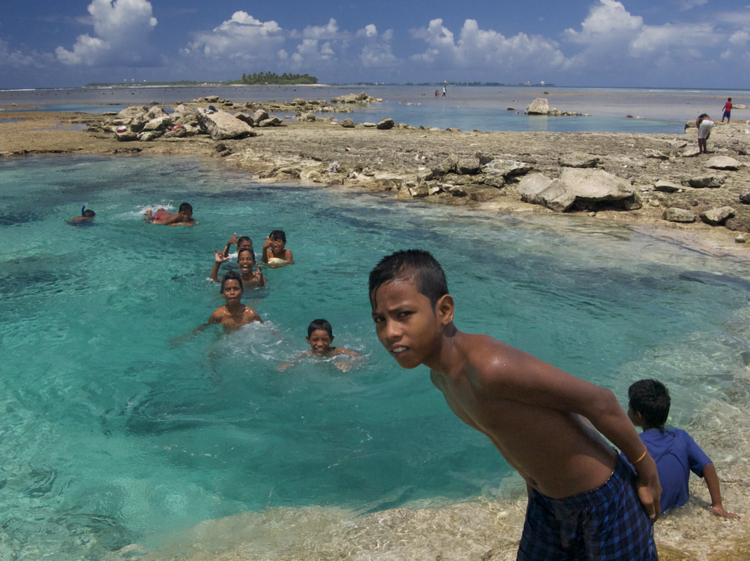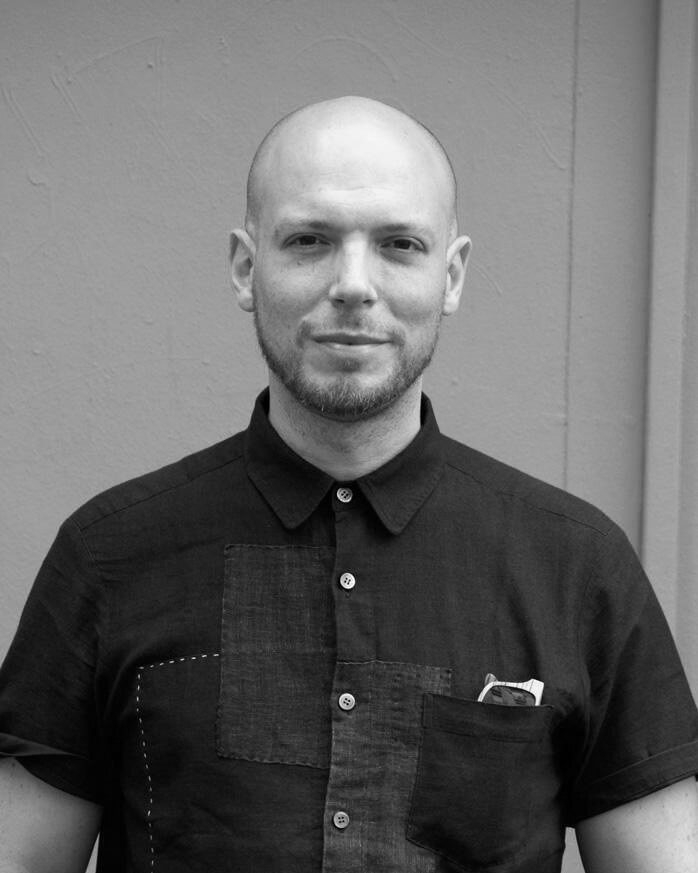This lecture and related workshops, led by Pacific/Asia cultural historian and curator Greg Dvorak, professor at Waseda University in Tokyo, invites participants to visually explore the deeper patterns of violence, dehumanization, resistance, and empowerment that run through the colonized and militarized landscapes and seascapes connected to, but beyond the horizon of, the Filipino experience. Focusing especially on the region of Northern Oceania (a region commonly known as Micronesia), the Philippines’ closest Pacific neighborhood, Dvorak will draw together diverse and transoceanic ideas around propaganda, art, resistance, visibility and invisibility between major nations and small communities.
When asked about “the war” in the Pacific and their memories about it, Islanders tend to ask, “what war?” For Micronesians, and many Islanders, war is a topic that extends back through at least five hundred years of Western and Asian colonial history, and also into ancestral time over thousands of years. The Pacific War is not the only war that Islanders are aware of: In their consciousness exists many other battles, such as the struggle against militarism and nuclear testing, the struggle against the “environmental colonialism” that is causing climate change and sea level rise, and the ongoing struggle for sovereignty and self-determination. In a deeper perspective, Islanders also look back to the battles fought over land by their brave ancestors who navigated to these islands. Indigenous people throughout the Pacific region, dating back to the time of Ferdinand Magellan, share a great deal in common with the Filipino people, but this is not a history ordinarily taught in the Philippines. Additionally, the indigenous people of the Philippines share deep ancestral Austronesian roots with the people who settled the Pacific Islands. Paying attention to these visual and genealogical histories in the 20th and 21st centuries, while being mindful of the larger context of the ongoing wars in Oceania, will help participants gain a better literacy of contemporary decolonization and demilitarization as seen in art from the region, and how that links or does not link with conversations happening in the contemporary Philippines.
Recommended readings:
Hauofa—Sea of Islands
Capturing Liberation
Teaiwa Bikinis
Chieftain’s Daughter



